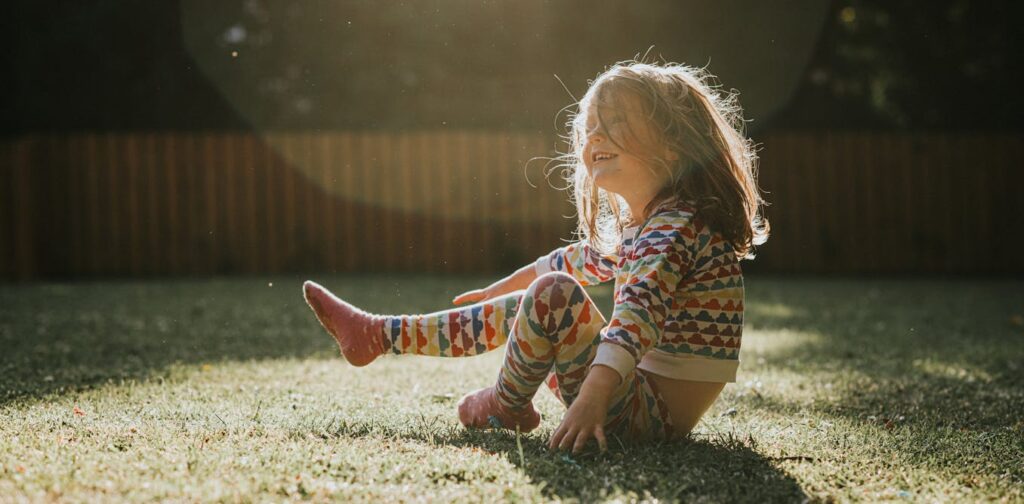
If you’ve spent any time around young children, you may have noticed an amusing trend: their seemingly endless fascination with toilet talk. From jokes about bums to stories about poos, this topic often elicits giggles and laughter among kids of all ages. But why do children find this subject so entertaining, and is it something parents should be concerned about?
The answer to this curious phenomenon lies in developmental psychology, particularly in the theories of Sigmund Freud. Freud’s theory of psychosexual development outlines five stages, suggesting that a child’s progression through these stages shapes their personality over time. According to Freud, the “anal stage,” which occurs between one and four years of age, is when children focus on controlling bowel movements during toilet training. This stage can heighten their interest in all things related to bums and poos.
Understanding the Fascination
This developmental stage coincides with a child’s growing awareness of their body and its functions. As children develop language skills, they find joy in discussing these new bodily experiences. The sounds and sensations associated with bodily functions, such as farting, are not only universal but also socially taboo, adding a layer of psychological tension that can make them a source of laughter. Children are learning what is socially acceptable, and toilet talk becomes a playful way to explore these boundaries.
Research suggests that primary school-aged children enjoy being provocative with these topics, often seeking reactions from adults and peers. Parents can attest to the hilarity that ensues when a child makes a well-timed joke about bums or poo, often breaking the seriousness of a moment with laughter. This reaction reinforces the behavior, creating moments of family bonding and connection.
Educational Opportunities
While toilet talk can be entertaining, it also presents educational opportunities. Parents can use these moments to discuss the importance of healthy eating and gut health. Books like “There’s a Zoo in My Poo” by Felice Jacka and Rob Craw can be helpful resources in these discussions. However, children might occasionally push boundaries too far, requiring gentle reminders about appropriate behavior. For example, parents can explain, “We don’t talk about poo while we’re eating,” or “We don’t make fart jokes in front of people we just met.”
It’s crucial for parents to use correct terminology for body parts and functions, taking a matter-of-fact approach to normalize these discussions. Explaining that “when you poo, it’s your body’s way of getting rid of what it doesn’t need” can help children understand the natural process and prepare them for transitioning out of this phase, typically around the age of eight.
Guidance for Parents
Parents play a vital role in guiding children through this phase. Confidence and comfort in discussing bodily functions are essential, as these conversations lay the groundwork for future discussions about puberty and sex. Providing a safe space where children feel comfortable talking about their bodies and any concerns they might have is crucial. This openness helps children learn when toilet talk is appropriate for a laugh and when it should remain private.
Ultimately, the fascination with toilet talk is a natural part of childhood development. By understanding the reasons behind it and using it as a teaching moment, parents can help their children navigate this stage with humor and understanding.







